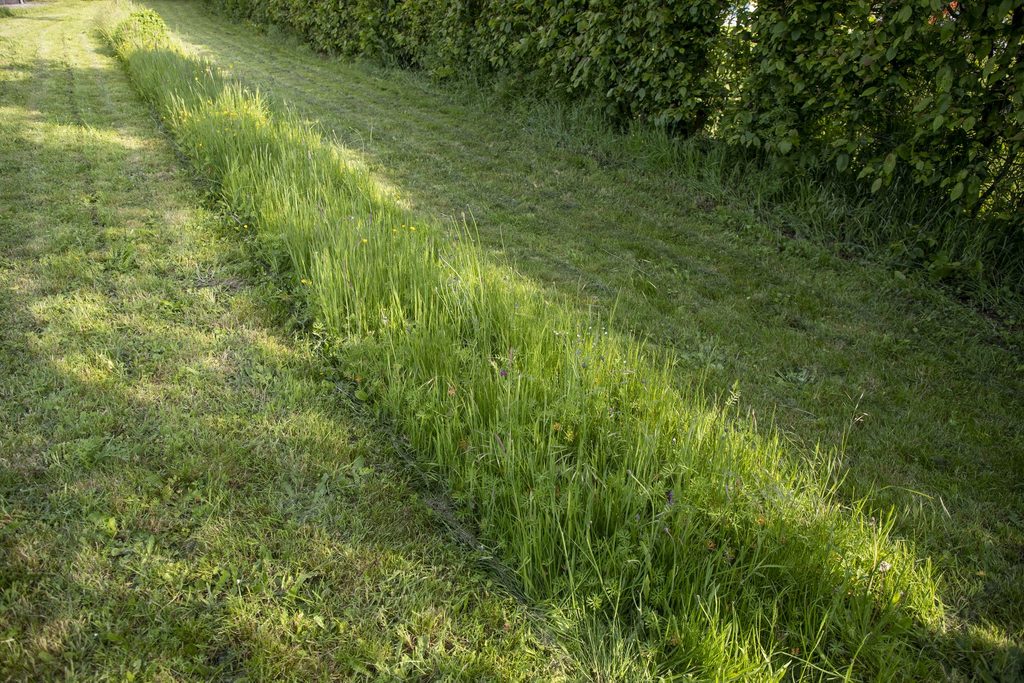Belgian company Gramitherm has introduced an innovative insulation material made from grass, capitalising on the natural properties of the plant.
The process involves drying and purifying tons of grass collected from various locations in the country. The grass is then mixed with jute and polyester, heated, pressed, and cut into mats for use in buildings.
Despite initial scepticism from the construction industry, major players in France, the Netherlands, Italy, Denmark, and Belgium have embraced this eco-friendly insulation. Gramitherm's panels not only insulate against cold and heat but also absorb noise and regulate humidity. The Deutsches Institut für Bautechnik has confirmed the high insulation value of the product, and accelerated ageing tests ensure its long-lasting performance.
Sustainable and waste-reducing
The company's main selling point is its contribution to combating global warming. Choosing a climate-neutral product like Gramitherm helps reduce emissions significantly compared to traditional insulation materials like mineral wool. The production process is less energy-intensive, as it requires lower temperatures, making it an environmentally friendly option.
Gramitherm's grass insulation effectively captures and stores CO2, making it a sustainable and waste-reducing solution. The grass used is a waste product from mowing along canals, roadsides, and nature parks, preventing the need for agricultural land. The company aims to eliminate non-organic elements like polyester from its product to further improve sustainability.
Despite being made from grass, the material has proven to be as safe as traditional insulation in terms of flammability. Gramitherm applies fire-retardant mineral salts to the grass fibre, providing adequate protection.
Related News
- Modular housing trend gaining ground in Belgium
- How a circular economy would lead to EU energy savings
Although initial costs might be higher compared to some traditional insulation options, Gramitherm's longer lifespan makes it a cost-effective choice in the long run.
The idea of grass insulation dates back to the Vikings, but this modern variation originated from a Swiss researcher aptly named Stephan Grass, who collaborated with Gramitherm CEO Christian Roggeman to commercialise the concept in 2006. Since then, the company has gained recognition globally, but it remains focused on sustainable practices and local partnerships.

